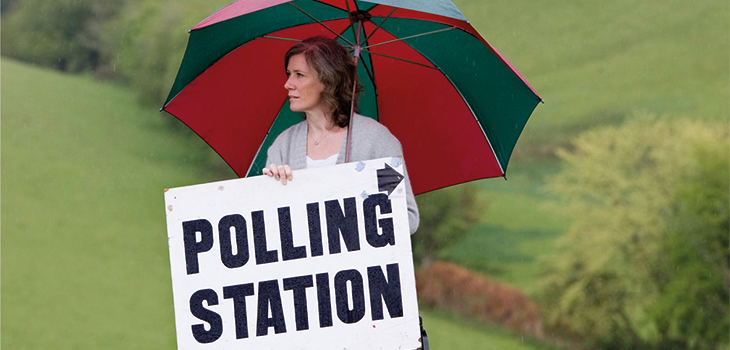
- Key changes enacted under the Parliamentary Constituencies Act 2020, which will see constituencies redefined to equalise the number of electors in each.
The law and practice of parliamentary constituencies has been reformed. This reform is long overdue. Too many elections in the 21st century have been fought on the basis of a substantial number of constituencies having had markedly more or markedly fewer electors than the norm, so that the number of voters required to win one seat is markedly different from another—giving, as it happened, a considerable advantage to Labour and the Scottish National Party (SNP) in Scotland. Psephologists estimate that under the current boundaries the Conservatives need at least a three-point opinion poll lead in order to win overall; and the current boundaries give Labour a ten-seat advantage.
Number of MPs
Initial proposals, confirmed earlier this month, will see the number of constituencies and MPs remaining at 650. Some people have argued









